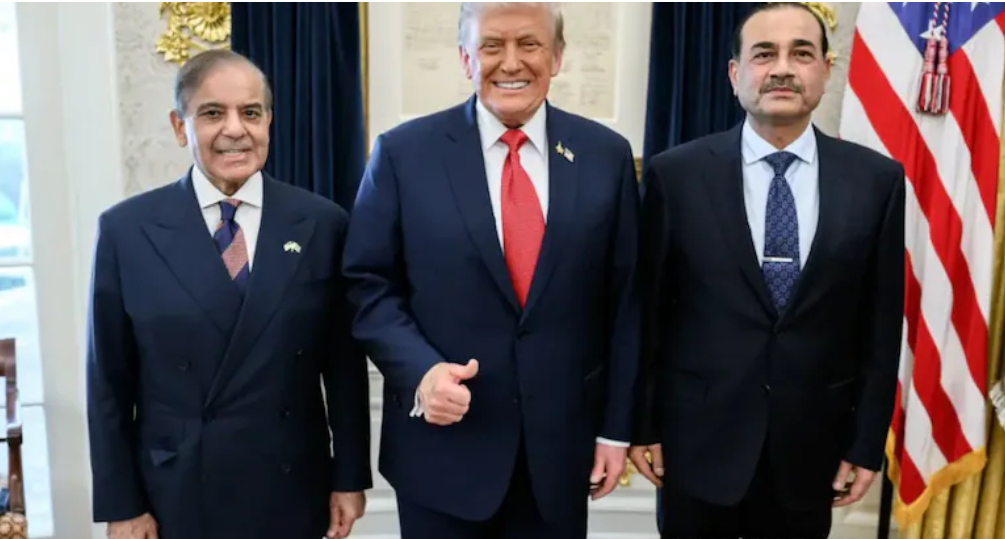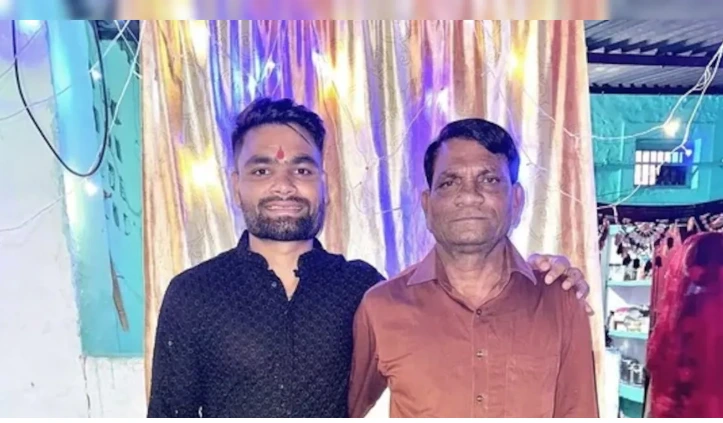[vc_row][vc_column][vc_column_text]Calling it an affront that planners of 26/11 Mumbai terror attack 10 years ago have still not been convicted, the US has announced a $5 million reward for information leading to the arrest or conviction of anyone involved in planning or facilitating it.
The attacks claimed 166 lives and left over 300 injured.
On Monday, US Secretary of State Mike Pompeo urged “all countries, particularly Pakistan, to uphold their United Nations Security Council (UNSC) obligations to implement sanctions against the terrorists responsible for this atrocity, including Lashkar-e-Taiba and its affiliates.”
“We stand with the families and friends of the victims, whose loved ones were lost in this act of barbarism, including six American citizens,” Pompeo said.
“It is an affront to the families of the victims that, after 10 years, those who planned the Mumbai attack have still not been convicted for their involvement,” he added.
The Department of State’s Rewards for Justice (RFJ) Program meanwhile said it was offering up to $5 million “for information leading to the arrest or conviction in any country of any individual who committed, conspired to commit, or aided or abetted” the execution of the attack.
“The United States is committed to working with our international partners to identify and bring to justice those responsible for the 2008 Mumbai attack,” it said.
It is the third such reward offered by the US after the State Department announced bounties of $10 million for Lashkar-e-Taiba (LeT) founder Hafiz Mohammad Saeed and $2 million for Hafiz Abdul Rahman Makki, another senior leader of the group.
Saeed has not faced trial in the case in Pakistan. Another prime accused in the case, Zaki-ur-Rehman Lakhvi, is presently out on bail. The trial in the case in Pakistan hasn’t been completed even a decade after the attacks.
Saeed, who is also designated a terrorist by the United Nations, has denied involvement in terrorism and the Mumbai attacks.
This comes less than a fortnight after US Vice-President Mike Pence met Prime Minister Narendra Modi in Singapore. During the meeting, he’s believed to have himself raised this issue and rued that even 10 years after the Mumbai terrorist attack, its perpetrators have not been brought to justice.
The United States, Pompeo said, is committed to seeing that those responsible for the attack face justice.
Around 166 people, including six Americans, were killed in the attack carried out by 10 LeT terrorists. Nine of the attackers were killed by the police while the lone survivor – Ajmal Kasab – was captured and hanged after he was handed a death sentence by an Indian court.
The State Department said anyone with information on this incident can contact the Rewards for Justice office via the website, e-mail ([email protected]), phone (800-877-3927), or mail (Rewards for Justice, Washington, DC, 20520-0303, USA).[/vc_column_text][/vc_column][/vc_row]


 Cricket news11 hours ago
Cricket news11 hours ago
 India News12 hours ago
India News12 hours ago
 India News11 hours ago
India News11 hours ago
 Latest world news12 hours ago
Latest world news12 hours ago
 Latest world news8 hours ago
Latest world news8 hours ago
 LATEST SPORTS NEWS5 hours ago
LATEST SPORTS NEWS5 hours ago












